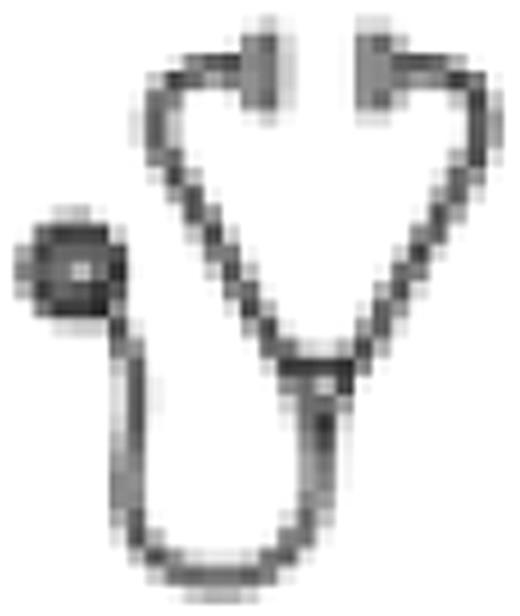Abstract
Abstract 3497
Conidtioning plays an important part in hematopoietic stem cell transplantation (HSCT) and is a major cause of early mortality. Most of conditioning regimens include the ionizing radiation and alkylating agent. The tissue damage made by chemotherapy or radiation is the major cause of acute toxicity and the development of graft versus host disease (GvHD). DNA repair and drug metabolism gene polymorphisms influence the transplantation associated mortality and GvHD by causing incomplete DNA repair and interference with metabolism of drugs. To explore whether these polymorphisms influence clinical implication and the adverse outcomes related to chemo-radiotherapy, we analyzed total 12 polymorphisms in DNA repair (ERCC1, ERCC2, XRCC1, XRCC3, XRCC4, XPC, MGMT and OGG1) and drug metabolizing pathway (GST T1, GST P1, CYP1A1 rs1048943 and CYP1A1 rs4646903).
The total 175 patients were assessed from a HLA identical sibling (n=122, 69.7%) and unrelated donors (n=53, 30.3%). Patients have either acute leukemia (n=123, 70.3%), MDS (n=18, 10.3%), CML (n=15, 8.6%) or others (n=19, 10.8%). We evaluated the association between SNPs with adverse effects such as venoocclusive disease (VOD), mucositis, treatment related mortality and acute/chronic GvHD. Multivariate analysis was performed adjusting for clinical factors; recipient age, donor type, diagnosis, disease status, gender mismatch, HLA mismatch, stem cell source, conditioning regimen and GvHD prophylaxis. Three SNPs were associated with clinical significance. XRCC4 (rs1056503) was associated with increased risk of acute gut GvHD (RR:6.84, 95% CI:1.69-28.2, p=0.007), CYP1A1 (rs1048943) with mucositis (RR:3.12, 95% CI:1.22-7.96, p=0.017) and XPC (rs2228001) with VOD (RR:38.23, 95% CI:2.08-702.18, p=0.014).
Our findings show that the acute adverse events after allogeneic HSCT were correlated DNA repair and drug metabolism gene polymorphisms and these findings suggest that XRCC4, CYP1A1 and XPC might provide useful information for the risk stratification of HSCT
No relevant conflicts of interest to declare.

This icon denotes an abstract that is clinically relevant.
Author notes
Asterisk with author names denotes non-ASH members.

This feature is available to Subscribers Only
Sign In or Create an Account Close Modal